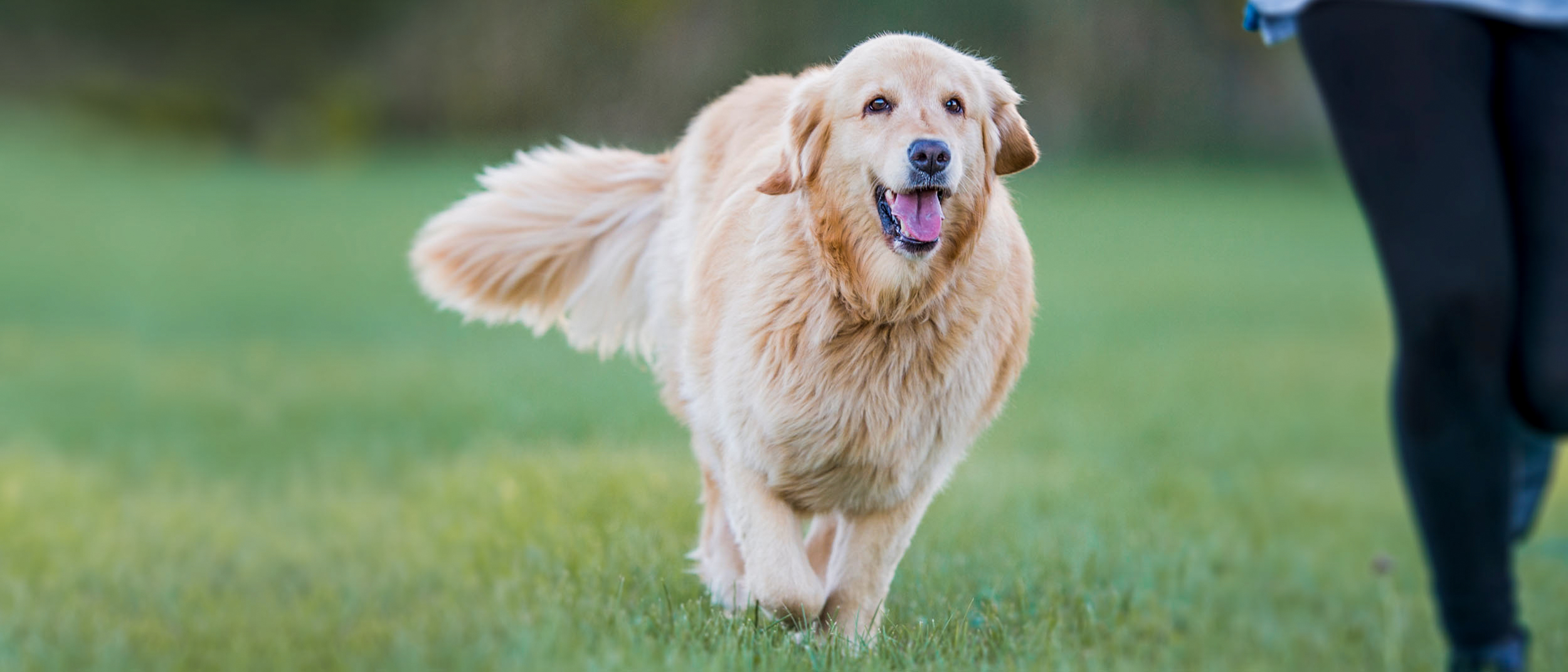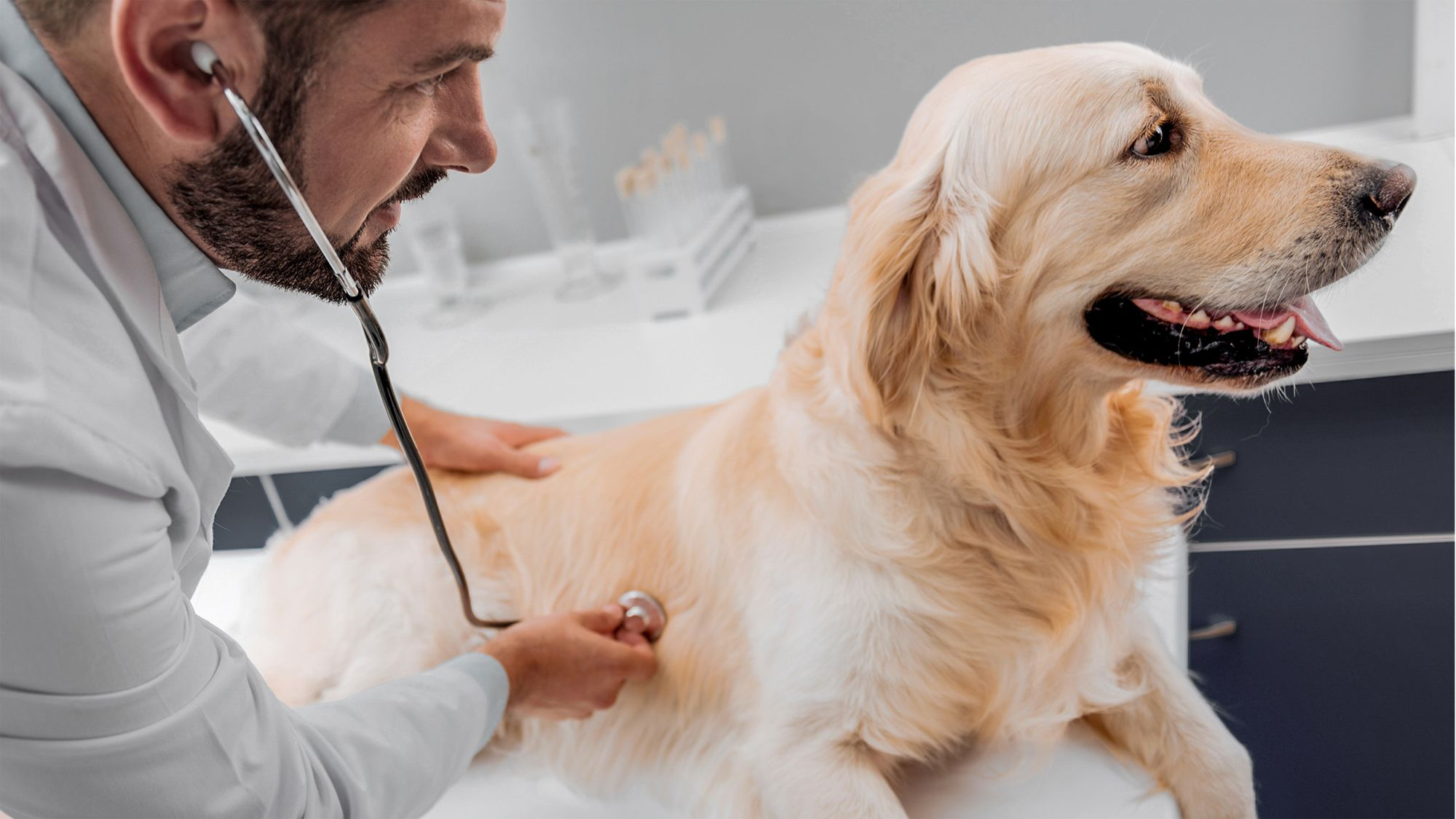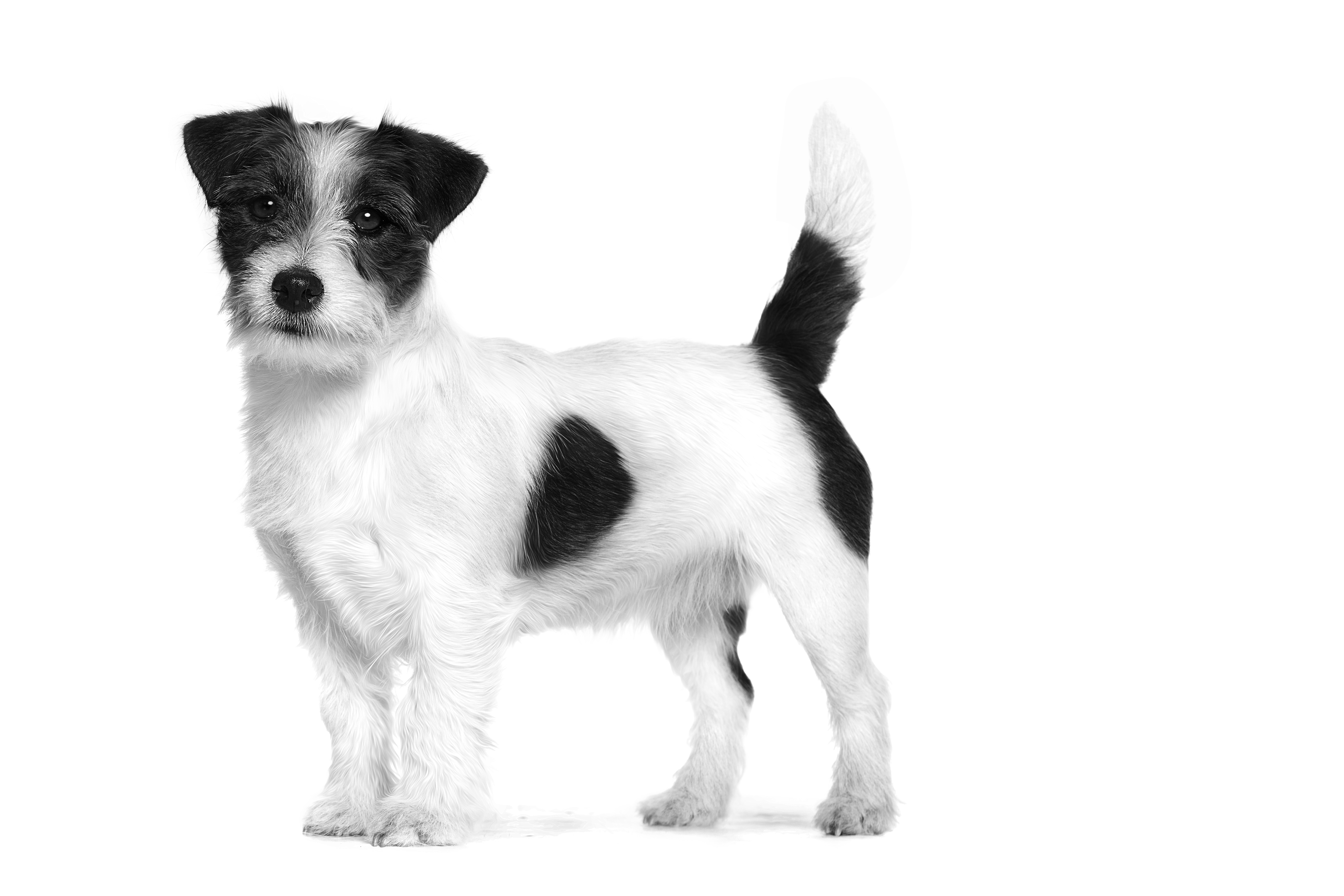Að viðhalda hundinum í kjörþyngd

Hvort sem hundurinn þinn hefur þyngst eða lést nýlega eða þú vilt einfaldlega halda honum í sem bestu líkamlegu ástandi, skiptir máli að vita að þú ert að fara rétta leið til að viðhalda honum í heilbrigðum holdum.
Það getur verið erfitt að standast freistinguna þegar hundurinn betlar eða vælir og margir eigendur nota hundanammi til að leiðrétta hegðun. Ef þú vilt tryggja að hundurinn þinn haldi heilsu er lykilatriði að temja sér góðar venjur á heimilinu og þessar venjur þurfa allir í fjölskyldunni að virða.
Hver er kjörþyngd hundsins þíns?
Besta leiðin til að komast að því hver kjörþyngd hundsins er, er að fara með hann til dýralæknis. Hann getur sagt þér hver eðlileg þyngd hundsins er miðað við tegund, kyn, aldur og fleiri þætti. Oft lítur fólk svo á að kjörþyngd sé þyngd hundsins áður en hann varð akfeitur en það er ekki góður mælikvarði, einkum ef hundurinn hefur verið of þungur lengi, jafnvel frá því hann var hvolpur.
Ákveðnir þættir geta aukið líkur á að hundurinn þinn verði of þungur og þá er enn mikilvægara að fylgjast með þyngdinni. Sumar tegundir hafa meiri tilhneigingu en aðrar til að fitna. Þar á meðal eru Beagle, Pug, Labrador Retriever, Cocker Spaniel, Scottish Terrier og Saint Bernard. Tíkur hafa meiri tilhneigingu til að þyngjast. Ef búið er að taka hundinn þinn eða tíkina úr sambandi aukast líkurnar enn frekar. Offita er tvisvar sinnum algengari meðal hunda sem hafa farið í ófrjósemisaðgerð og á það bæði við um rakka og tíkur.

Fóðrun hundsins til að halda honum í kjörþyngd
Ef hundurinn þinn hefur þyngst eða lést nýlega og er núna í kjörþyngd eru tveir möguleikar varðandi fóðrun. Þú getur haldið áfram að gefa honum sama fóður og hann borðaði meðan hann var að léttast eða þyngjast. Þá stækkar þú eða minnkar skammtana eftir þörfum svo hann viðhaldi kjörþyngd. Þú getur einnig gefið honum fóður með meiri orkuþéttleika og haldið skammtinum þá óbreyttum.
Best er að ráðfæra sig við dýralækni til að tryggja að skammtastærðirnar séu eins og þær eiga að vera. Dýralæknirinn getur ráðlagt þér hvað best er að gera í stöðunni og einnig hvaða fóður hentar hundinum þínum best.
Orkuþéttleiki og hitaeiningafjöldi í fóðrinu skipta máli. Fóðrið á að vera próteinríkt til að hundurinn geti byggt upp vöðvamassa og fituskert til að hann fitni síður. Sumt fóður inniheldur einstaka trefjablöndu sem lætur hundinn finnast hann vera mettur án þess að borða stóra fóðurskammta.
Að viðhalda góðum fóðurvenjum hundsins
Það skiptir máli að vera nákvæmur þegar kemur að fóðurvenjum hundsins því þá eru mestar líkur á að hann haldist í kjörþyngd. Gefðu honum fóðrið alltaf á sama stað, úr sömu skálinni og á sama tíma þannig að hann venjist ákveðnum matartímum. Ekki gefa honum matarafganga og dragðu nammibita frá heildar fóðurskammti dagsins. Það er skynsamlegt að vigta hundinn einu sinni í mánuði og fara reglulega í skoðun til dýralæknis til að fá faglegt álit.
Með réttu hugarfari hjálpar þú hundinum þínum að viðhalda kjörþyngd og lifa ánægjulegu lífi. Þú getur rætt við dýralækninn til að fá fleiri hugmyndir um hvernig þú getur passað upp á holdafar hundsins þíns.

Finna dýralækni
Ef þú hefur áhyggjur af heilsu hundsins þíns skaltu ráðfæra þig við dýralækni.
Líkaðu við og deildu þessari síðu